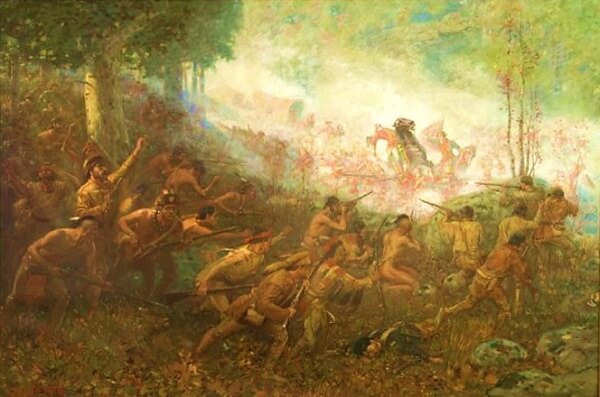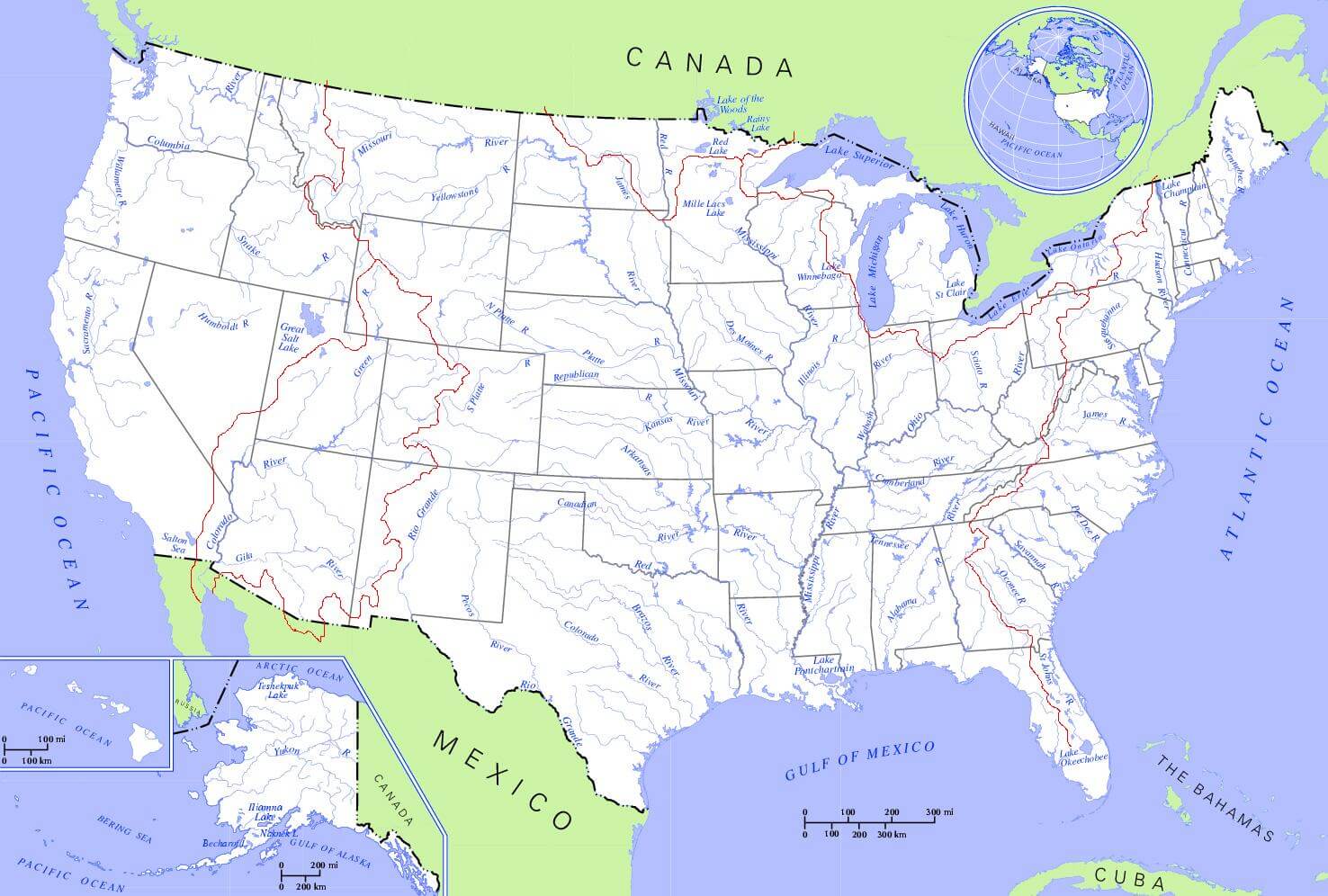 A History of the United States and its People
A History of the United States
A History of the United States and its People
A History of the United States


 A History of the United States and its People
A History of the United States
A History of the United States and its People
A History of the United States

Study the chapter for one week.
Over the week:
Activity 1: Narrate the Chapter
Activity 2: Study the Chapter Picture

Activity 3: Map the Chapter

Activity 4: Play the State Capital Cities Game
Activity 5: Complete Copywork, Narration, Dictation, and Mapwork
